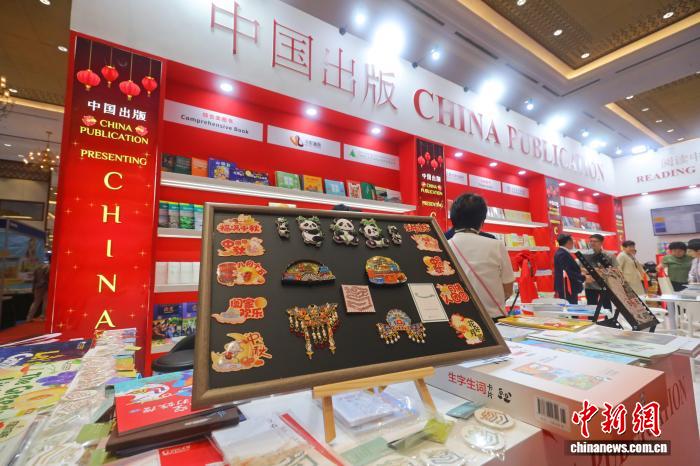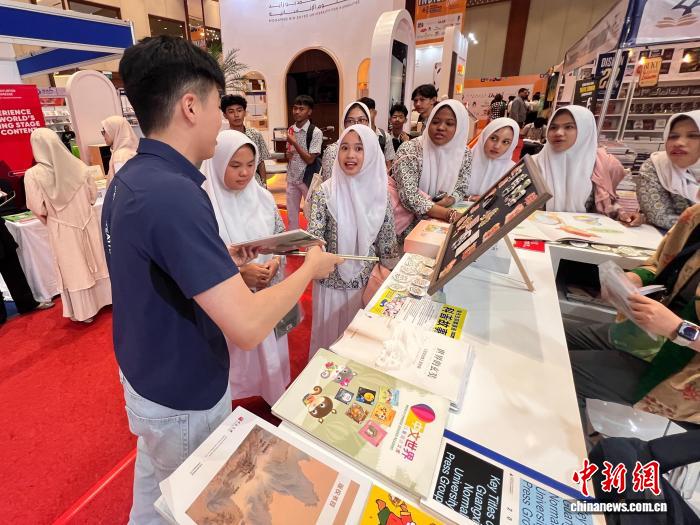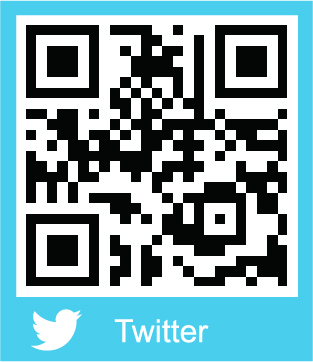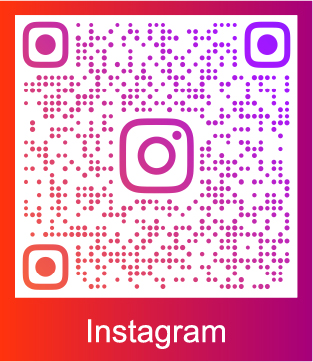Chinese Books Gaining Popularity at the Indonesia International Book Fair

The 2025 Indonesia International Book Fair is currently underway in Jakarta, attracting over 120 exhibitors from 20 countries and regions during its five-day event. At the China Pavilion, a steady stream of visitors browsed and exchanged ideas — with three categories of Chinese books drawing particular attention.
1. Books on China’s Development
“How did China achieve poverty alleviation? Can rural revitalization offer lessons for Indonesia?”
These were among the most frequently asked questions by readers pausing at the booth showcasing Indonesian editions of China’s Agricultural and Rural Modernization and China’s Internet Philanthropy.
Liu Yehua, Director of the International Publishing Center of Renmin University of China Press, noted that many Indonesian readers are eager to understand the logic behind China’s development and hope to gain inspiration from China’s experiences. “These books resonate with Indonesia’s own needs for agricultural upgrading and digital governance, creating a bridge between China’s experience and local priorities,” she said.
According to Liu, the growing demand for such titles reflects Indonesia’s strong interest in learning from China’s development model. The Indonesian Ministry of Agriculture has even listed China’s Agricultural and Rural Modernization as a reference book, and more than 100 village leaders have previously visited China to study rural construction.
The Chinese delegation, organized by China National Publications Import & Export (Group) Corporation (CNPIEC), presented a wide range of titles covering traditional culture, social sciences, and Chinese language education — offering Indonesian readers a vivid, multifaceted view of China.
2. Books on Skills and Technology
In 2024, China–Indonesia trade volume reached USD 147.8 billion, marking China’s twelfth consecutive year as Indonesia’s largest trading partner. Beyond traditional sectors, cooperation is expanding into areas such as artificial intelligence and emerging technologies.
Wang Suxia, Director of the Vocational Education Division at Higher Education Press, highlighted that as more Chinese enterprises invest in Indonesia, demand for localized talent is rising sharply. The publisher’s vocational education series precisely meets these market needs.
She cited the Huawei Domestic Technology Textbook Series and New Energy Vehicle Technology Series as examples, noting that Indonesia’s focus on digital economy and EV industries aligns perfectly with these resources. In addition, the “Career Path Chinese” series integrates language learning with vocational training, covering fields like IT and automotive manufacturing.
“This feels almost like an operational handbook — highly practical,” said a Chinese-language teacher from an Indonesian school after browsing the materials.
3. Books for Children
In the children’s book section, Beijing Publishing Group’s “Pop-Up Book of the Chinese Dragon” (English Edition) from its Beijiao Tongqu imprint stood out with its exquisite design and interactive pop-up features.
When representative Chen Changhai pulled the pages, a magnificent dragon sprang to life, instantly captivating young Indonesian readers.

“This book introduces the essence of Chinese dragon culture, helping young readers around the world appreciate its symbolism and artistry,” Chen explained. The book’s related creative merchandise also attracted strong interest.
During the fair, Beijiao Tongqu signed a copyright cooperation agreement with an Indonesian publisher to introduce a series of children’s books to the local market. Meanwhile, Guangxi Normal University Press presented illustrated titles on traditional Chinese festivals — blending fun storytelling with cultural education, becoming one of the highlights of the fair.
“Many children’s books have short, simple sentences, making them great for beginners learning Chinese,” said Diya Rahmawati, an editor from a publishing house in Solo, Central Java.
This year marks the 75th anniversary of diplomatic relations between China and Indonesia.
Li Yan, Deputy General Manager of CNPIEC, emphasized that publishing is not a one-way export but a two-way exchange. “The popularity of these titles shows how Chinese publishing has found meaningful resonance with Indonesian society,” she said.
Dewi Wayu, head of Erlangga Publishing Group, expressed her anticipation of working with Chinese publishers in areas such as Chinese-language textbooks and educational materials.
Sources:chinanews.com










